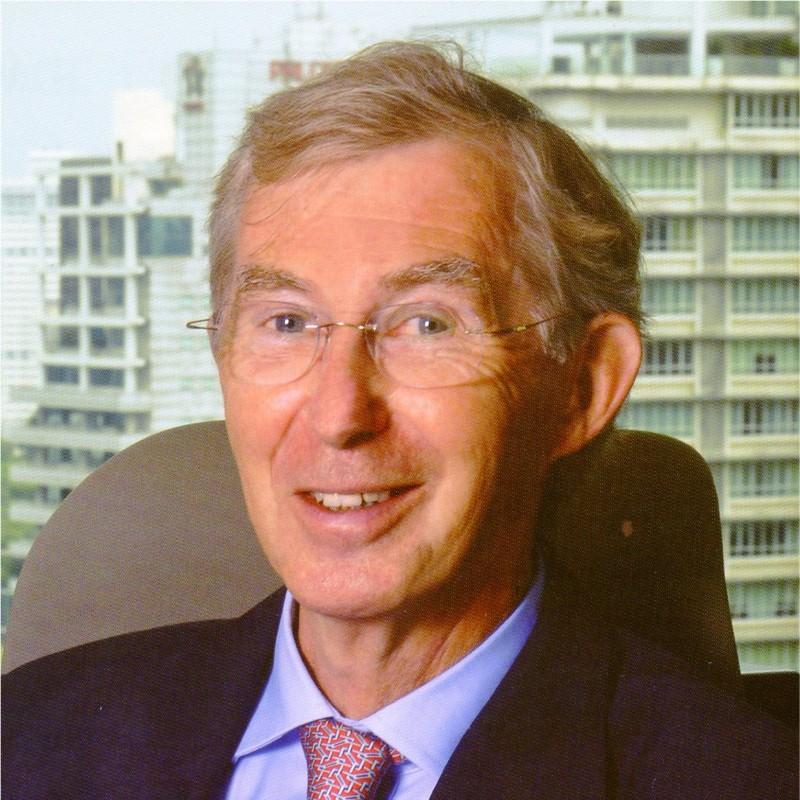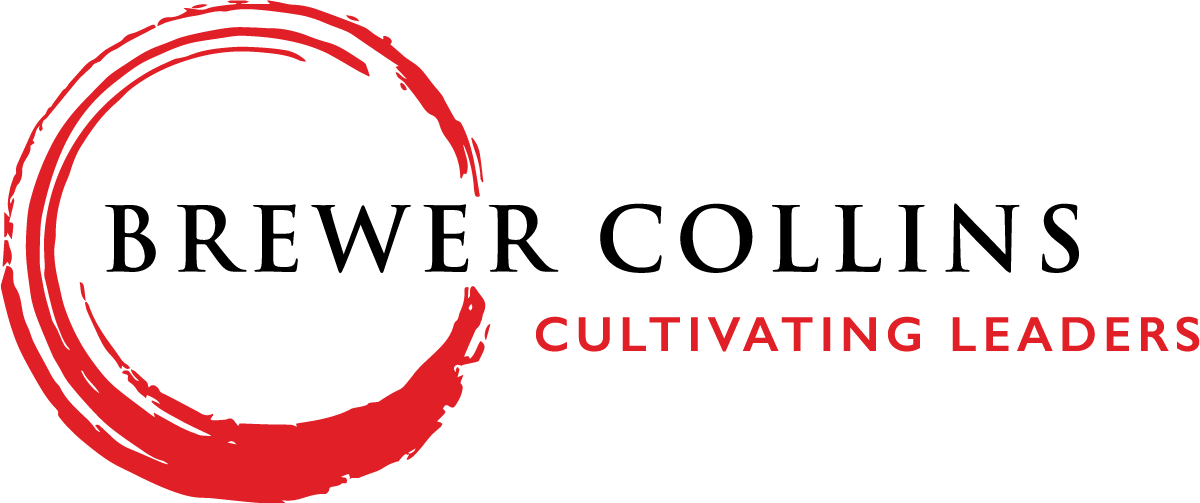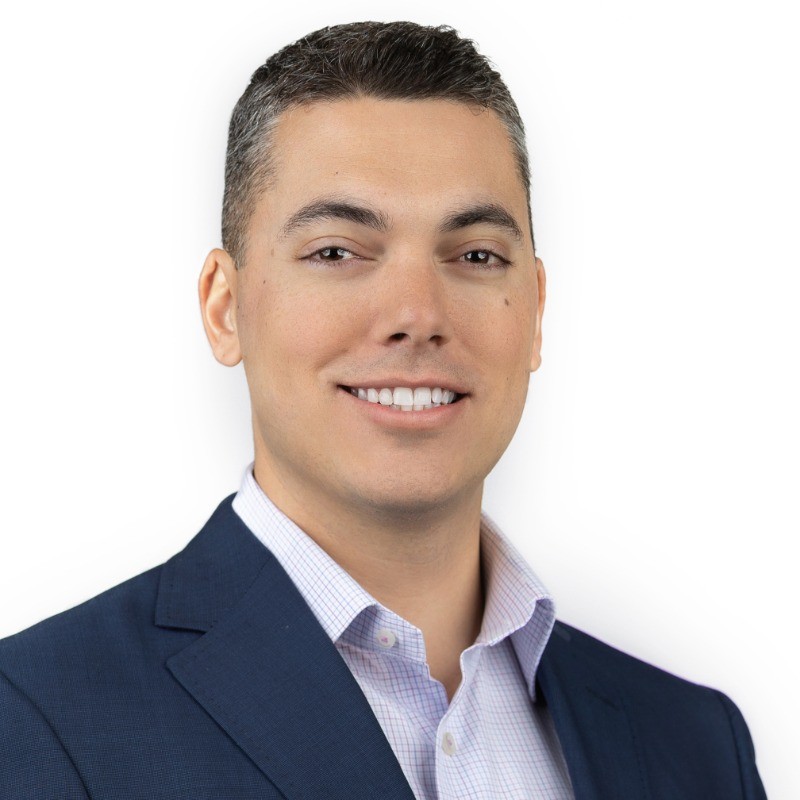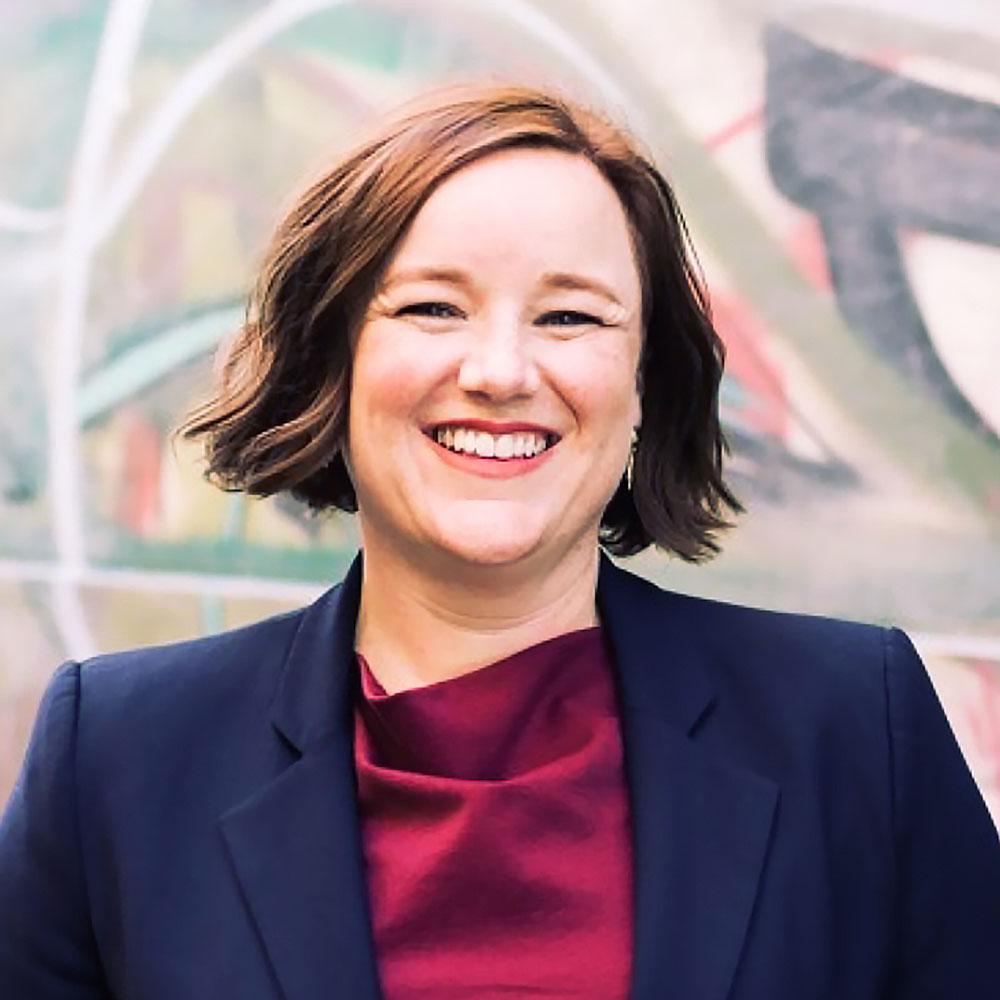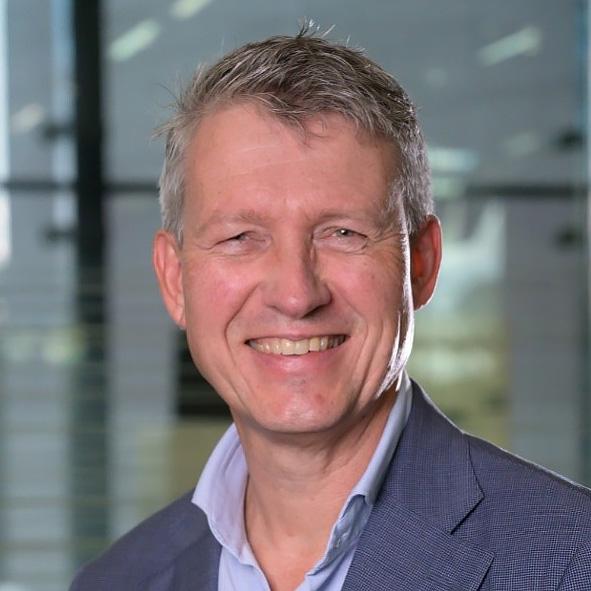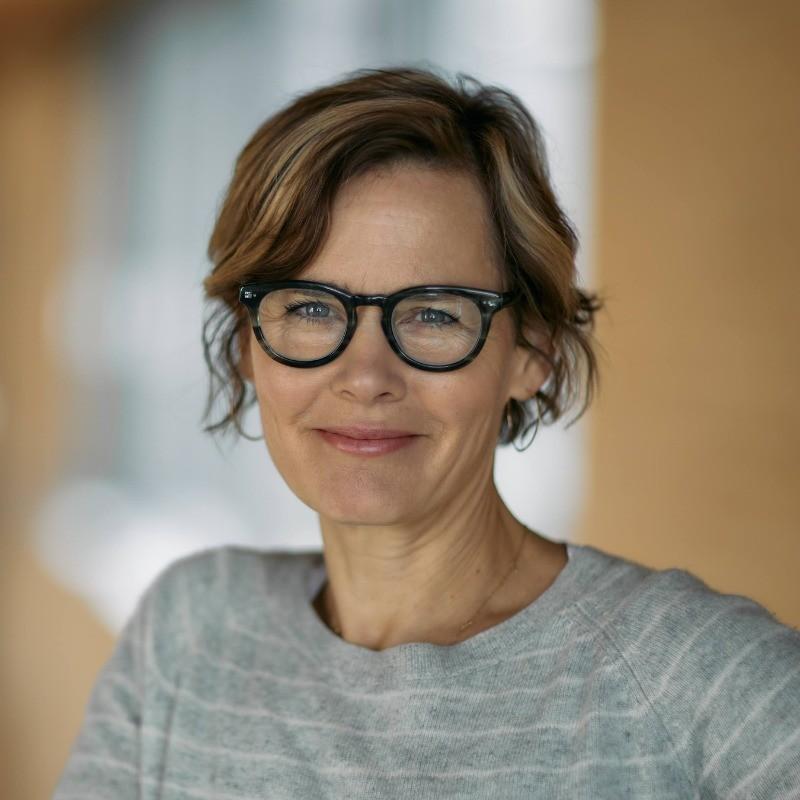ON LEADING PODCAST • Episode #12 • December 13, 2023
Listen on
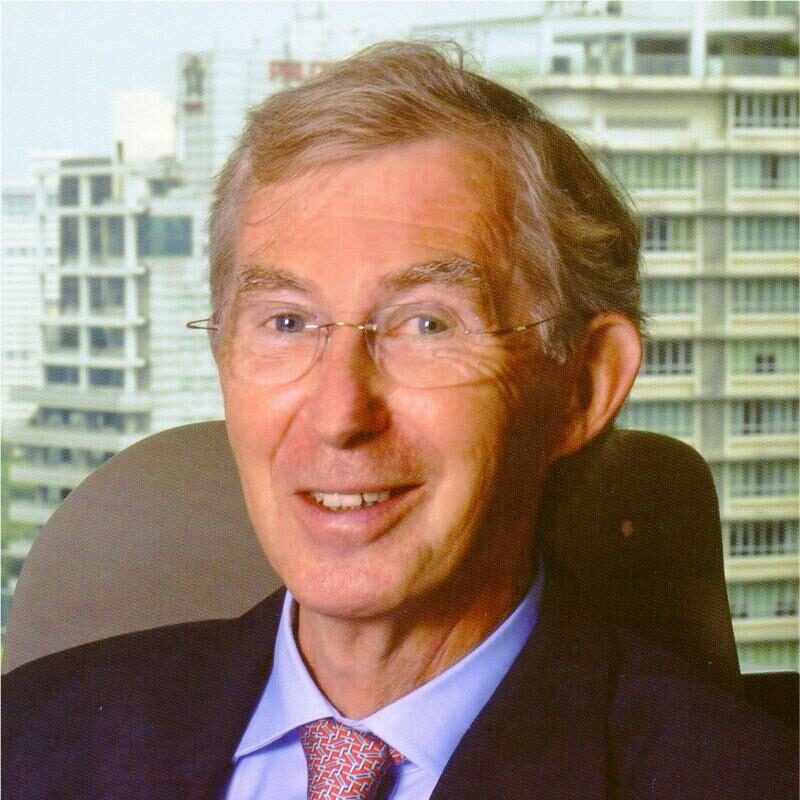
Episode #12
Andre van Strijp
On Being a Global Citizen
By Lori Brewer Collins
I first met Andre van Strijp in Abu Dhabi, the capital of the United Arab Emirates and center of the country’s oil and gas operations. This Dutch expat was the incoming General Manager for the Abu Dhabi Company for Onshore Oil Operations (ADCO), the largest oil and gas operating company in the country. In the latest episode of my podcast Lori on Leadership, Andre, now retired, shared his reflections on being a lifelong global citizen whose teams always consisted of a rich array of nationalities.
Andre’s career, including four years spent as a secondee to Abu Dhabi National Oil Company, was with Shell. After obtaining a mechanical engineering degree and studying economics for a few years at the Erasmus University in the Netherlands, Andre joined the multinational oil and gas company Royal Dutch Shell to work in their research laboratory in Rijswijk, Holland.
“Traveling is expensive, but it can make you rich.”
Within a year and half, he was expressing his belief in the value of international experience and his disappointment at not being stationed abroad. He was soon transferred to Sarawak, Malaysia for his first overseas assignment in exploration and production. From there, he was assigned to: Norway, Nigeria, Borneo in the tiny nation of Brunei, and Abu Dhabi and Dubai. After gaining this initial international experience in onshore and offshore drilling, oil field development and petroleum engineering, he returned to Holland for three years to lead Shell’s international procurement, during which time he had to lay off half his staff.
“You can be miserable in difficult situations—or you can hang on and try to enjoy it, despite the difficulties. As they say, life can be a party: you just have to put up your own decorations.”
In Brunei, he was also an honorary consul for the Netherlands, and entered the intriguing world of ambassadors and foreign representatives. After that, he was given the worldwide portfolio for drilling for Shell Global, followed by another four years in war-torn Warri, Nigeria (this was his second stay in the country, having already spent two years in the capital Lagos). Andre was then seconded to ADCO by Royal Dutch Shell to lead the operating company, whose shareholders included ADNOC, Shell, Total, BP, Exxon, and Partex. His predecessor in this GM role, a British expat, had been seconded from British Petroleum (BP). While the challenges of the multi-stakeholder environment were expected, what Andre hadn’t expected was the challenge he faced in succeeding an executive who had a completely different style and approach to leadership. However, by the time he was promoted to Vice President Production in the Middle East, Caspian and South Asia, new fields had been brought online and ADCO’s production capacity increased.
After retiring from his corporate career with Shell, Andre continued to work for 10 years as a consultant to the oil and gas industry. For three years during that time, he was Chairman of Sona Petroleum Berhad, a newly created Malaysian company headquartered in Kuala Lumpur that acquired operating companies in the oil and gas industry in Asia and Australia.
Key Takeaways
While Andre and I agreed in our conversation that there is no “recipe” for leading, we were able to surface the following insights about being an authentic leader, no matter where you are in the world.
- Be genuine. Don’t play act being a leader. Don’t fake it. If you’re not genuine, people will see it and shoot holes through your act.
- Be genuinely curious about the culture and customs of the country you are in. Adopt the ones that will help you fit in. For Andre, while he was in the Middle East, he learned Arabic and could read the poetry of the Quran. He became accustomed to men greeting one another in public with a kiss. And in Nigeria, he built trust with the local chiefs by aligning with their custom of walking hand-in-hand.
- Become a bit like a chameleon—but stick to your values. Adjust when you move to a different environment. Learn the laws and the rules, while never letting go of your own ethics.
- Learn the local language. Do it because you believe in it and it interests you. People appreciate it, even if you are only able to say a few words. You’ll make life a lot easier for yourself.
- Remember your primary responsibility. In secondments to companies with multiple shareholders, you will be juggling multiple players who have differing priorities. You must listen to all shareholders—then make your best judgment calls in the interest of the company you are responsible for leading.
- Have confidence in people. Give them responsibility. Say, “Here are the targets and here’s the date they must be ready—and we are going to do it together.” Share your concerns while also showing them you have confidence in their capability. Look for ways to help from above and below, and help stimulate supportive teamwork. Often, these are the conditions for them to accomplish much more than they thought possible.
- Make a distinction between “stressful” and “difficult”. When Andre was working in Nigeria for the second time, he had to deal with kidnappings, hijacking and accidental deaths. For him, this was difficult, but not stressful because there were clear processes in place to follow. The work was difficult, yes, but the people were not. The team didn’t always do the work the way they necessarily should, but he never laughed and cried so much at the same time as he did during that assignment.
- In dangerous and difficult environments, your biggest contribution is to keep your team and their families together. In Nigeria, Andre lived through three coups. He looked after his people by giving them a fair and honest briefing on the situation every week that included what plans were in place in case something should happen. If an expat wanted to leave, there was no shame and no questions asked.
- People bond through danger and difficulty. Team members become friends when you go through such situations together.
- Check-in with trusted colleagues outside your dangerous situation for feedback. Like the frog in the pot of slowly boiling water who doesn’t know to jump out, in the midst of heated, very tough situations, you need people you can turn to and ask, “Am I still all right? Am I still thinking and behaving okay? Am I leading the organization well?”
- What is stressful for you may not be stressful for others. What stresses Andre is the proverbial “Catch 22” (i.e., being assigned tasks that are basically impossible to achieve, being told to follow the rules, while also knowing that the only way to succeed is to work around those rules). No matter which way he would turn, there would be the real threat of being kicked out if he “failed.” On the other hand, put him in a situation where he is at the center of a dangerous situation, where he can gather the information he needs and use his own judgment to choose what actions to take and who to call in to help, and he is fine.
- Don’t approach the locals with judgment. Yes, there is corruption in some of the countries where Andre has worked. But before approaching the people with whom you will be working with judgement, get to know something of them and their story. Learn about the conditions that have led to some of the underhanded things that may be going on. Understand what has forced them into their situations and the desperation behind their choices. Just their knowing that you know the fuller picture can make a difference.
- Raise your hand. If you find you just don’t like a particular assignment, ask for another. It’s always okay to ask.
